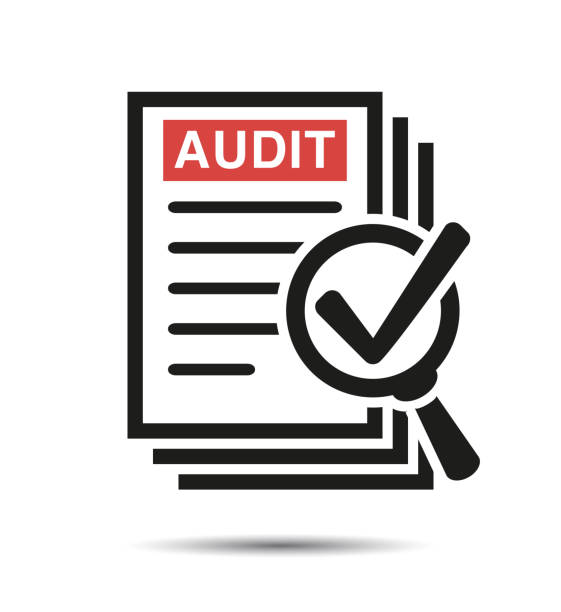Auditing
Auditing is the process of examining financial records, statements, and operational procedures of an organization to ensure accuracy, transparency, and compliance with legal and regulatory requirements. It is a crucial function in both private and public sectors, helping to detect fraud, errors, and inefficiencies

Types of Audits
Audits can be classified into different types based on their purpose and scope

Conducted by an organization’s internal audit team to evaluate internal controls, risk management, and governance processes

Performed by independent auditors to provide an objective assessment of financial statements

Focuses on verifying financial records and statements to ensure they present a true and fair view

Evaluates business operations to improve efficiency and effectiveness

Ensures that an organization adheres to laws, regulations, and internal policies

Investigates financial irregularities and fraud cases
Importance of Auditing
Ensures Accuracy: Helps organizations maintain accurate and reliable financial records.
Enhances Transparency: Provides stakeholders with a clear understanding of financial health and business operations.
Promotes Compliance: Ensures adherence to laws, regulations, and industry standards.
Detects Fraud and Errors: Identifies financial misstatements and fraudulent activities.
Improves Decision-Making: Provides management with valuable insights to enhance business performance.

